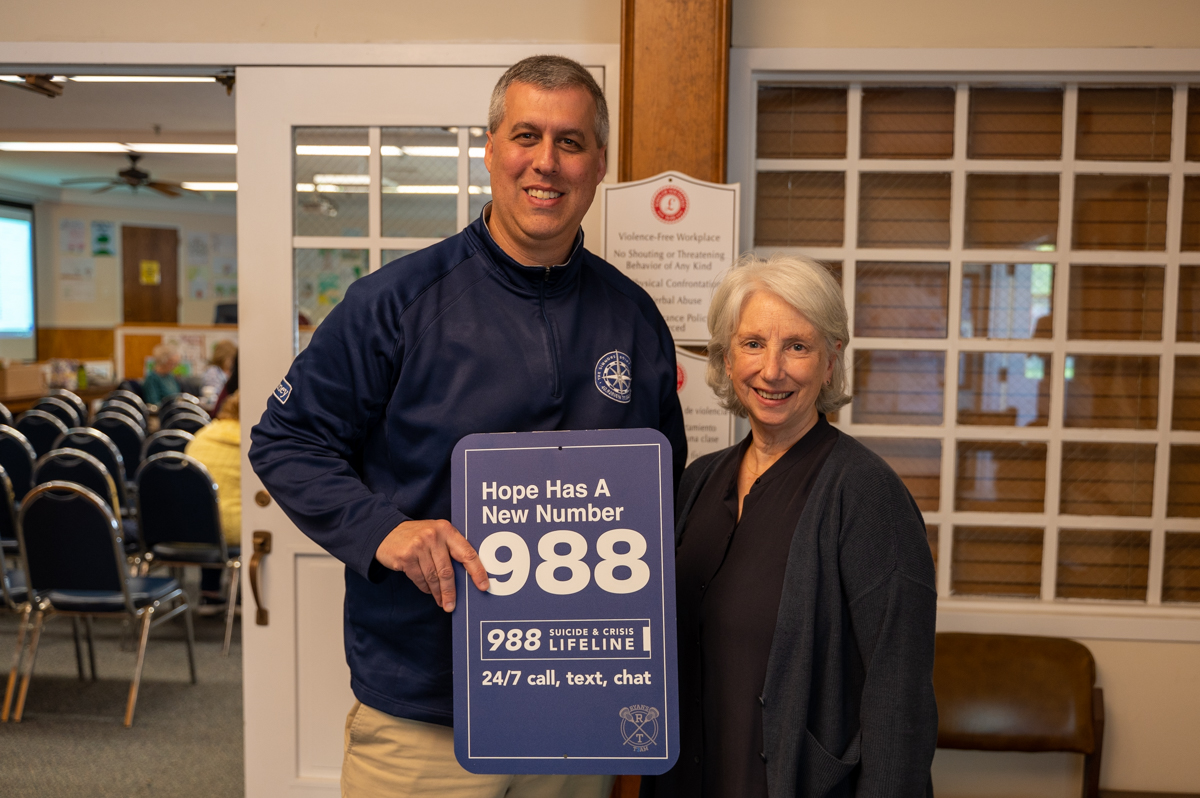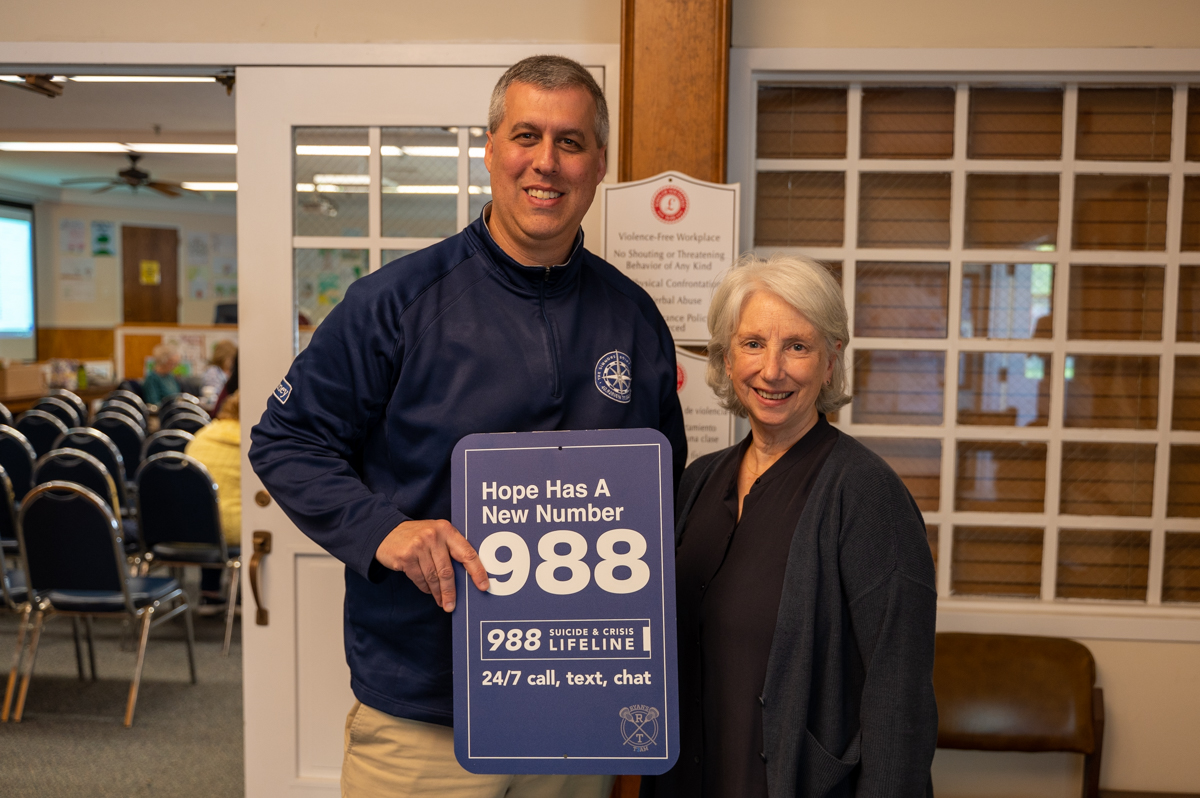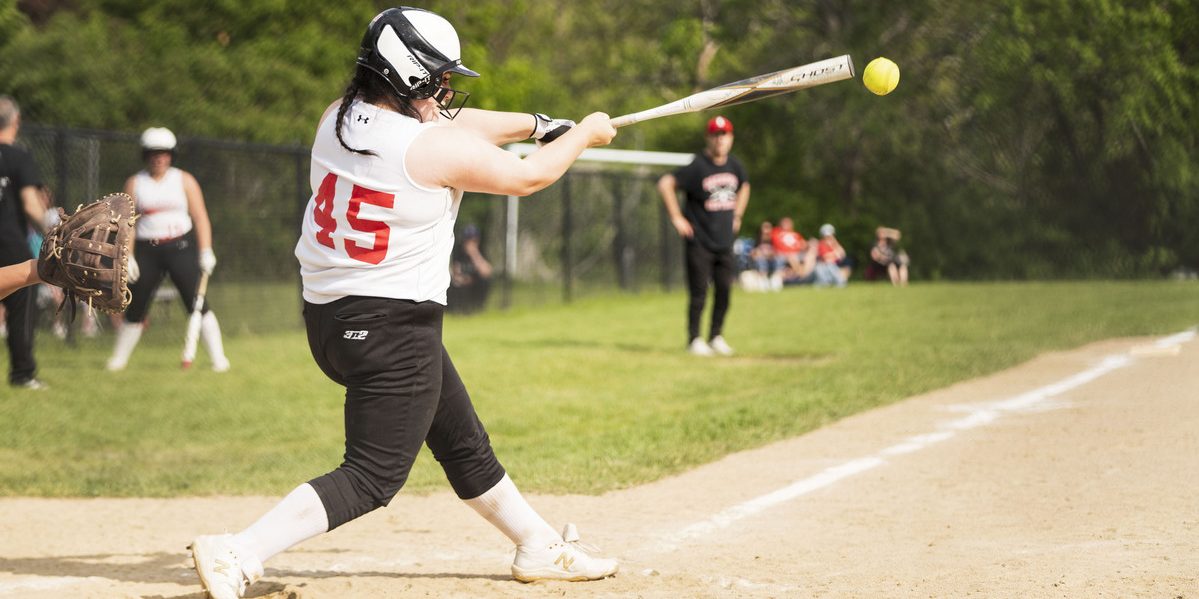Hong Kong
CNN
—
Wearing numbered lanyards, a small group of 80 demonstrators took part in Hong Kong’s first authorized protest in three years on Sunday – a carefully choreographed event that campaigners say offers a chilling insight into the future of protest in the city.
Numbers were capped at 100, and during the hour-long event, organizers repeatedly told journalists to stay away from them following police warnings that the presence of the press could result in the march being canceled.
The protest was a far cry from mass demonstrations of just a few years ago when hundreds of thousands of Hong Kongers took part in sometimes violent clashes with police over proposed security law they saw as giving Beijing tighter control of the city.
Sunday’s protesters weren’t calling for democracy but the scrapping of a local reclamation project in Tseung Kwan O they say will increase pollution in their middle-class neighborhood – yet strict conditions were applied.
Cyrus Chan, one of the organizers from Concern Group For Tseung Kwan O People’s Livelihood, said police had screened the protest’s publicity material, and told organizers to advise participants against dressing in yellow and black – colors associated with the city’s pro-democracy movement and mass protests in 2019.
“There cannot be any messages deemed politically sensitive, seditious and sensitive colors,” Chan recalled being told.
A Hong Kong Police spokesman said the arrangements were made based on their risk assessments of the organizers’ “aim, nature, number of participants, past experience and latest circumstances.”
Figo Chan, former convenor of the now-disbanded Civil Human Rights Front group, which once brought huge crowds of democracy supporters onto Hong Kong’s streets, says Sunday’s event shows how difficult it could be for activists to make their views known in the city.
“This is the new era with Hong Kong characteristics,” Chan described, borrowing the use of the term by the Chinese Communist Party to first describe its socialist-capitalist philosophy that has since been expanded to its “democracy with Chinese characteristics.”
“I believe it’d be very hard to hold a protest in the future,” said Chan.
“I want fresh air. No reclamation work,” the crowd shouted as they marched a short distance from a train station to Tseung Kwan O Waterfront Park, near the site of the proposed project that includes the construction of a concrete plant and waste station.
Around 40 police – about half the number of protesters – were deployed to the event make sure the rules were followed.
Winnie Chiu, who held the number tag 10, steered clear from politics during the protest. “This is not a political demand. This is about basic daily life and our health,” said the teacher in her 50s.
It was a small event but highly significant for campaigners in a city where protests have largely fallen silent.
The last time Hong Kongers came onto the streets in vast numbers was in 2019 and 2020, when protests against an extradition law spiraled into broader calls for democracy.
For many, the extradition law represented a tightening of China’s control over the semi-autonomous city, whose governance under a policy of “one country, two systems” had been agreed for 50 years after the 1997 handover from British to Chinese rule.
As the number of protests grew, the government’s position hardened and police responded with tear gas and rubber bullets.
The protests stopped after limits were imposed on gatherings due to Covid, and the introduction of the national security law by Beijing in June 2020, which threatened arrest for anyone suspected of “treason, secession, sedition (and) subversion.”
The Hong Kong police have also cited the pandemic as a reason over the past three years to reject protest applications.
Earlier this month, the Hong Kong Women Workers’ Association planned a demonstration in support of International Women’s Day, but canceled it despite receiving police approval, giving no further comments.
After the national security law was imposed, many opposition figures responsible for organizing the protests were arrested without bail, and many civil bodies were forced to shut down, including Figo Chan’s Civil Human Rights Front.
The local activist said he does not regard Sunday’s Tseung Kwan O protest as a proper public assembly, guaranteed under the city’s mini-constitution called the Basic Law.
“There is an imposed quota of 100, so it’s only a protest by a small group, not the public,” he said.
Chan said in the past police would ask his group for estimated numbers, but by imposing a quota, it defeated the purpose of a protest, which should be open to everyone.
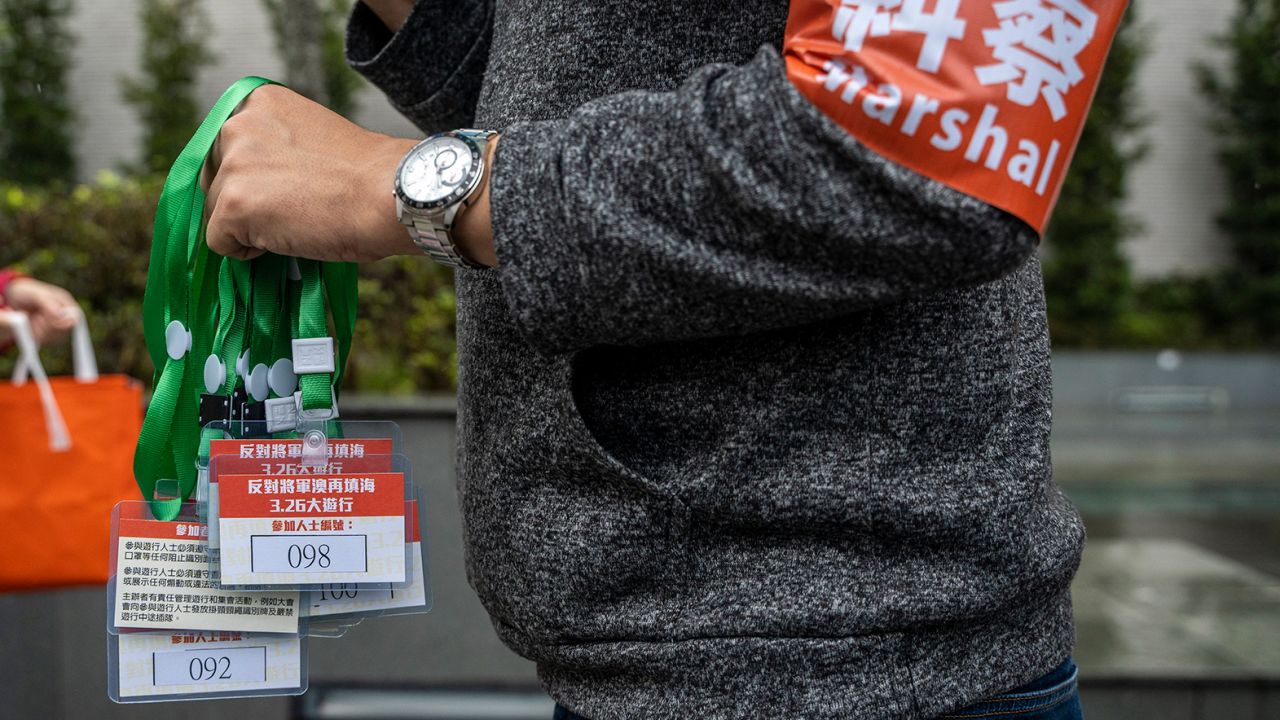
Another activist Raphael Wong, from League of Social Democrats, said he believed the tight controls reflect the anxiety of the authorities.
“There will not be any loosening up until the Hong Kong and Chinese officials are feeling less tense about the situation,” he said.
Legal scholar Michael Davis, who used to teach human rights laws at the University of Hong Kong, called the arrangement “an embarrassment,” stressing that the protesters on Sunday were in no way constituting a threat to the government.
The global fellow from the Woodrow Wilson International Center for Scholars, a think tank in Washington DC, likened the situation to that of Singapore where protesters can only address crowds without a permit at “Speaker’s Corner,” making demonstrations very rare.
“These restrictions leave little or no room for a civil rights movement,” he said.
However, pro-Beijing lawmaker Regina Ip, who was the security minister of the city between between 1998 and 2003, defended the police, saying the rights to protest is not absolute. She cited the clashes in 2019 as a justification for stricter measures.
Asked if there is room for the police to scale back their measures in the future, Ip said they should “assess the situation depending on the circumstance at the time.”
Cyrus Chan, who organized Sunday’s march, said he hoped the orderly display opened the door for other protests.
“I hope we have demonstrated to the Hong Kong and Chinese governments, as well as the local police force that the Hong Kong people can hold protests in a rational and peaceful manner without any restrictions,” he said.

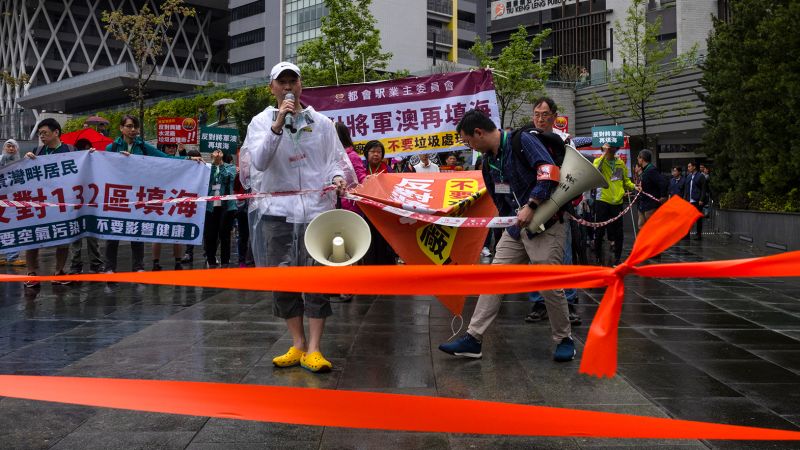
 news
news 
